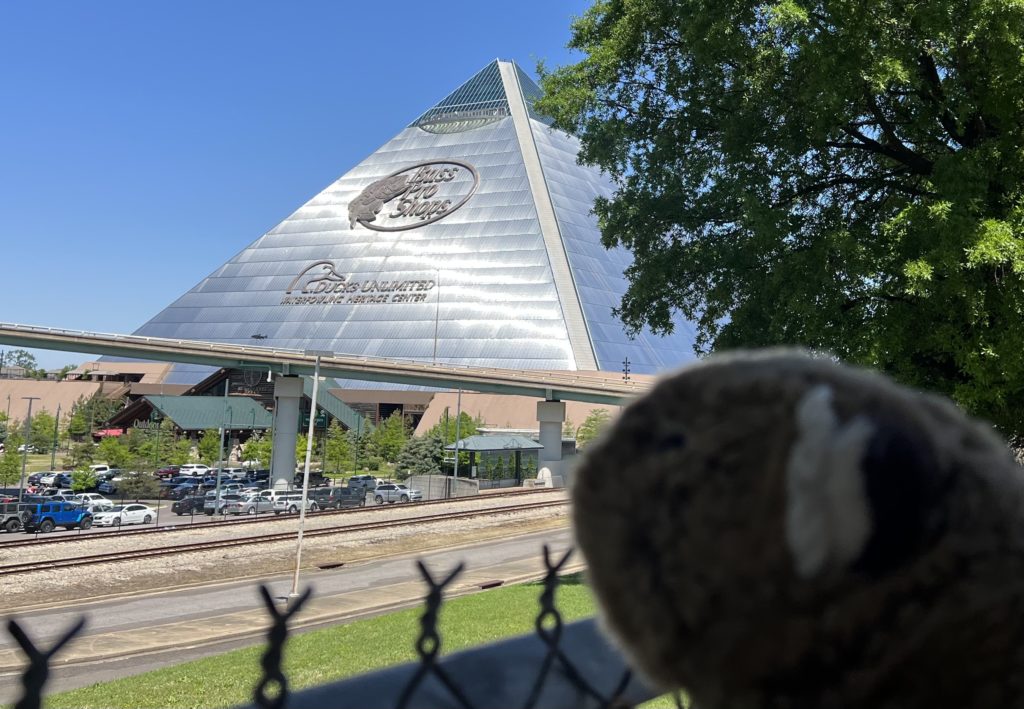
This is the sixth in a series of seven articles about my 9 month trip through the Southern US.
Thoughts about Memphis, TN after living there for a month:
Wide Build
Those familiar with computer strategy games will generally talk about two ways to build: wide or tall. And as a city, Memphis has gone wide.
When it comes to cities, wide builds are more spread out. There might be a city center but it’s generally pretty small and sometimes ill defined. Wide builds will have a lot of suburbs, and as a result of this, having a car is generally a necessity to get anywhere. This is probably one of the reasons why (in addition to the poverty) that housing in Memphis is very cheap. Any particular house in Memphis will go for nearly 500K cheaper to a comparable home in Seattle.
On the other hand, tall builds will generally be more compact, have efficient public transportation, and have centrally located apartments around which there are a variety of cafes, restaurants, and bars in walking distance. It’s a bit more busy and a bit more noisy, but there’s usually always something interesting going on within a 10 minute walk from where you live.
As you might have guessed, I much prefer the tall build when it comes to cities, and everything in Memphis is far too spread out for me. Yes, there are some pockets of interesting culture and nightlife, but they’re tiny and often barely fill an intersection.
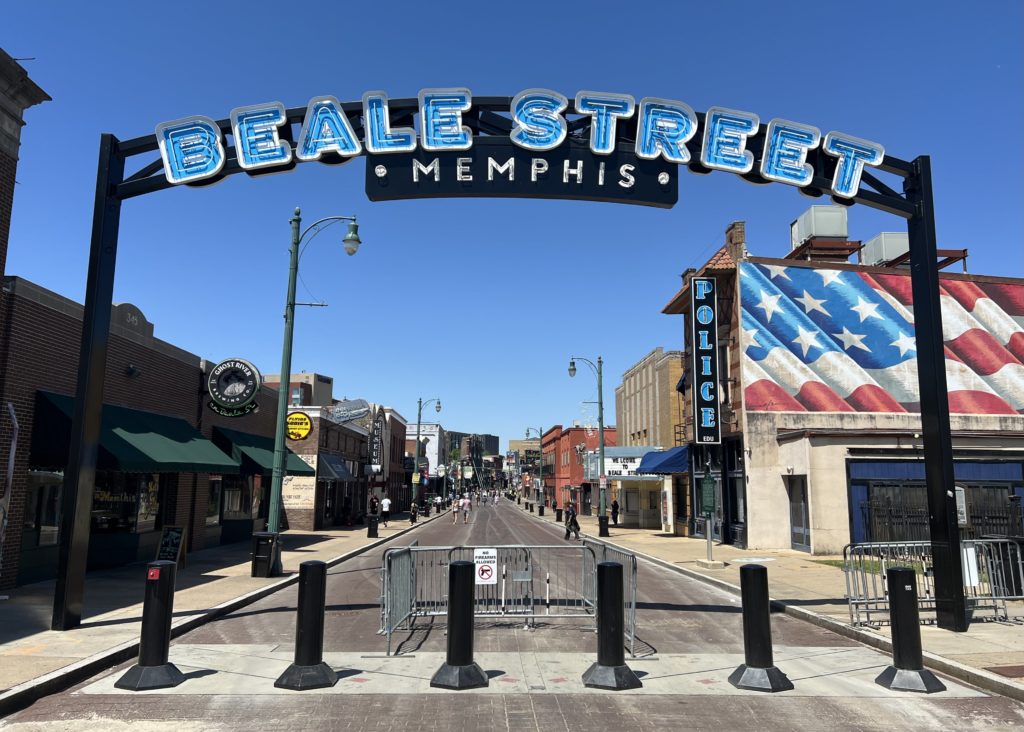
Even the famous Beale Street with the soft glow of the vintage neon lights advertising honkytonks and BBQ joints only extends for a few blocks and because it’s hard to find a place to live anywhere near it, my guess is that most of the people you see there are those who are ubering in or who happen to be staying at a nearby hotel.
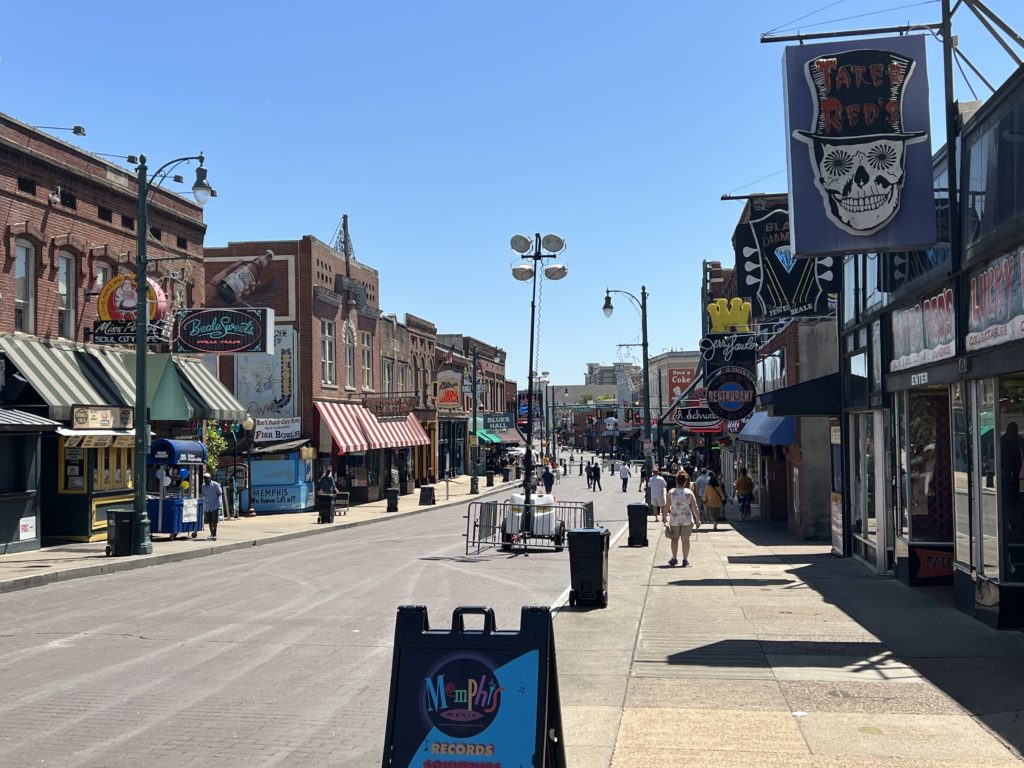
The Weather
Memphis is smotheringly humid, with the occasional thunderstorm thrown in. No thanks.
Music City
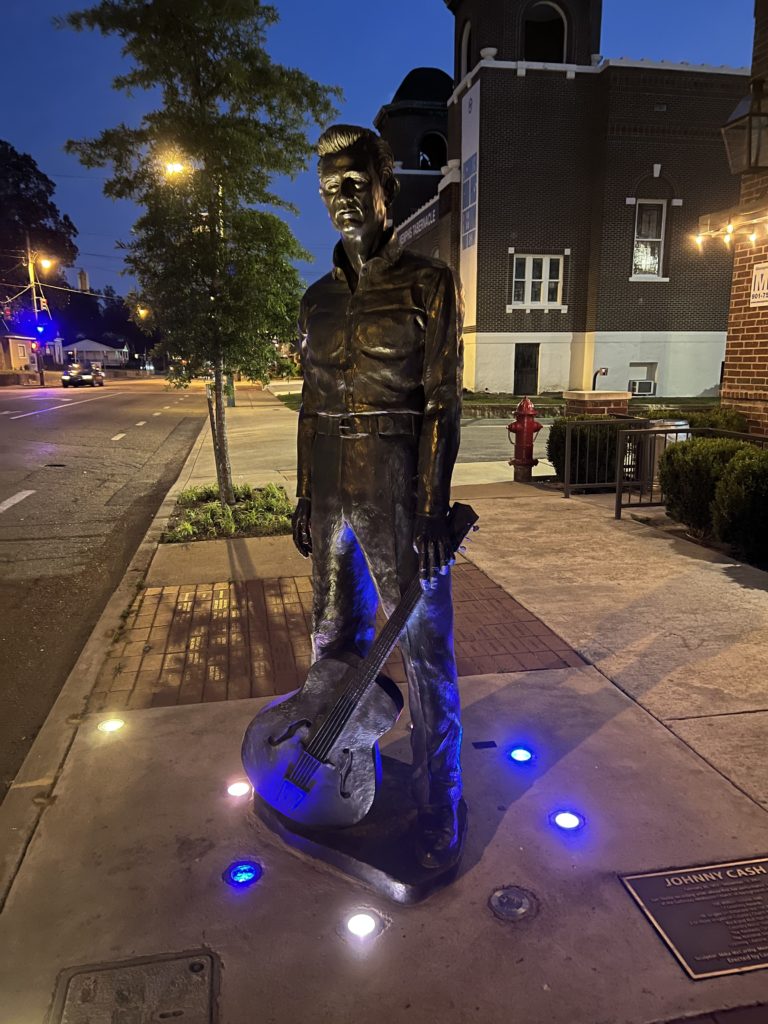
Judging by the impressive list of musicians that Memphis has produced from Elvis to Johnny Cash to BB King to Aretha Franklin, it’s certainly earned the name “Music City”.
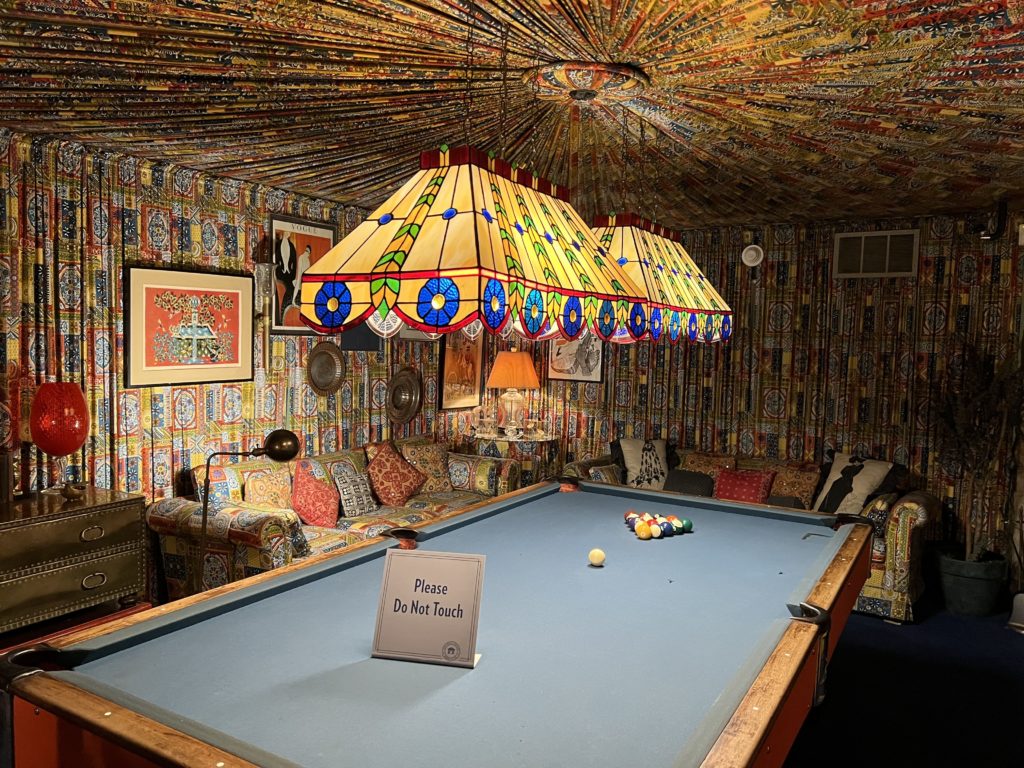
And they won’t let you forget it. From the many local spots that take great pride in saying “Elvis ate a burger here once”, to the statue of Johnny Cash in front of the church where he first performed, to the rather humble sized Full Gospel Tabernacle Church run by pastor Al Green (yes that Al Green), walking through this city is like mainlining nostalgia for music nerds. Oh yeah, and my Airbnb had a 3 foot decal of the King to watch over me in my sleep.
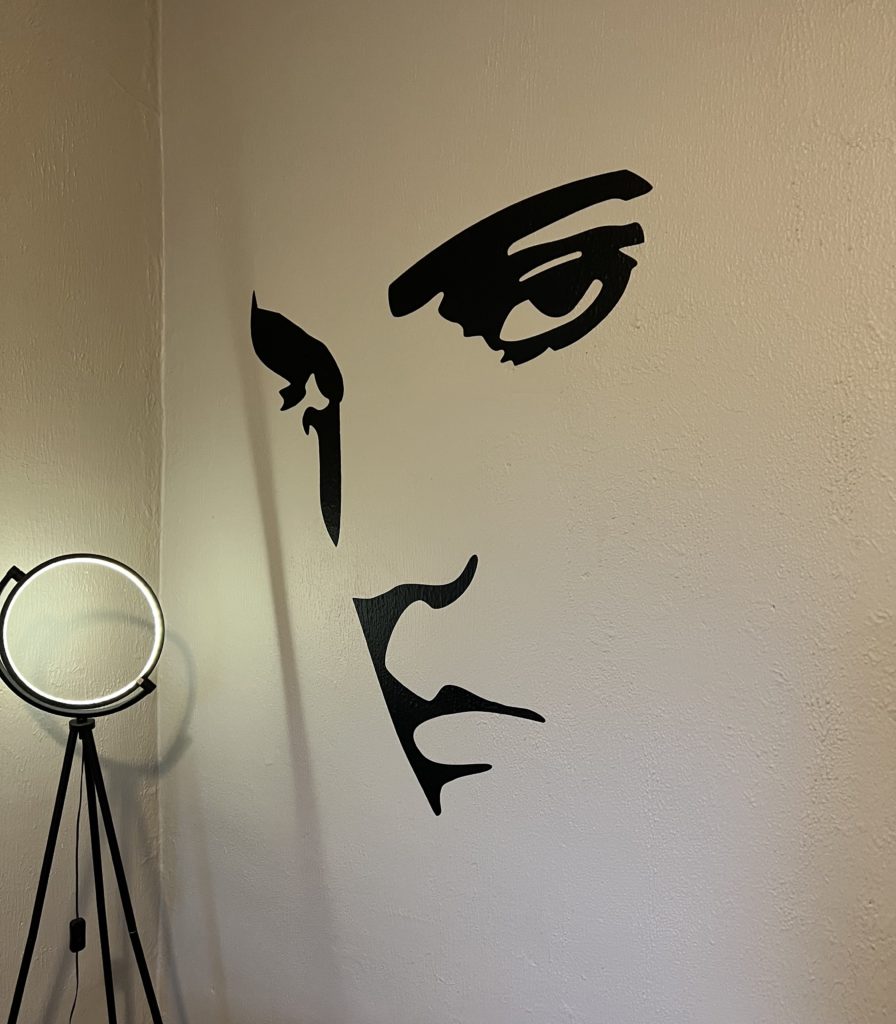
In addition to this are the innumerable music venues that have a live band playing most nights if you like that sort of thing. Given that the city is so spread out though you’ll likely need to be driving or find an uber to get there. As someone who has a casual interest in going to these sorts of places, I probably wouldn’t end up going to many.
Grit and Grind
A local bartender told me that the city’s unofficial motto is “grit and grind” which I later found out originated from the days when the Memphis Grizzlies basketball team didn’t have any star players, but they did the best with what they had–perhaps more than anyone could reasonably expect.
The motto feels like a good fit for Memphis–at least when it comes to all the grit. The grit is in the busted up roads, crumbling infrastructure, and decaying apartment buildings. It’s in the impoverished and segregated neighborhoods. It’s in the orange-brown asphalt streets lined with strip malls. And it’s in the boarded-up buildings in the silent and deserted neighborhoods outside of downtown.
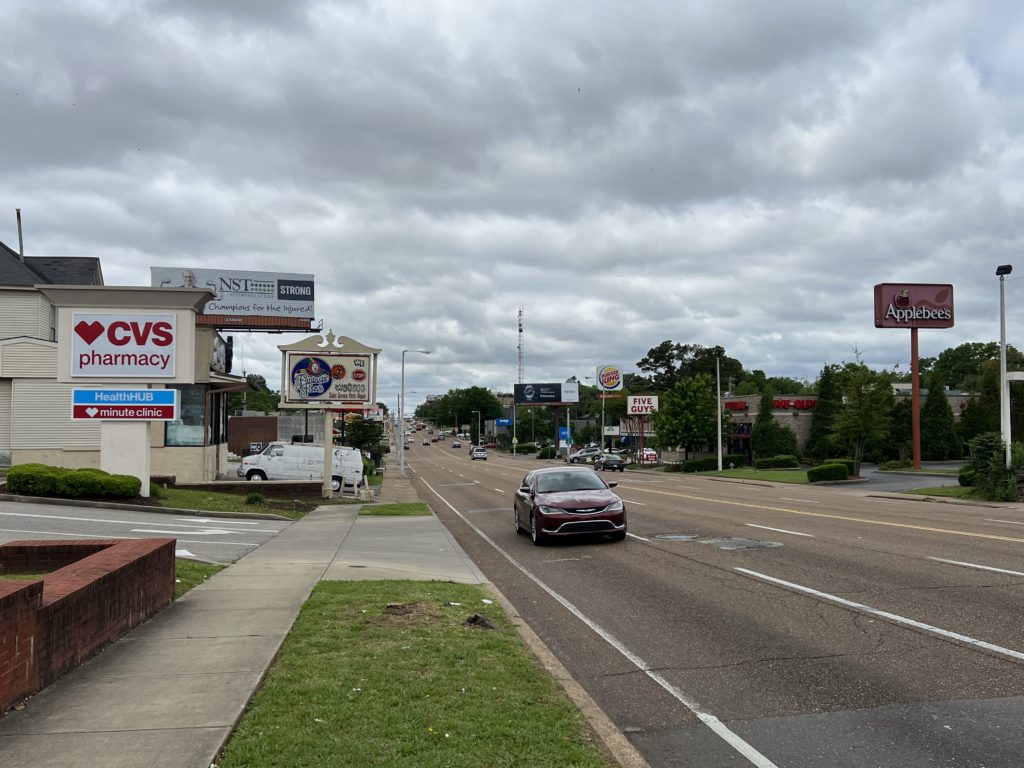
To “grind” is to make small gains and to tenaciously hold on to those gains. It’s about playing hard defense, and not to risk anything on flashy moves. It’s acknowledging that life in Memphis is hard, but that we’re making the most of it here.
To “grind” also means to work hard. And since Tenessee is in a right to work state, you kind of have to. Due to the cheap labor that Memphis offers, the town has attracted a lot of companies in the shipping and logistics industries. FedEx makes it home here, and even built a stadium where those grit and grind grizzlies play.
And yet, in spite of all of this industry–which one would expect would lead to greater prosperity among its people, Memphis is still one of the poorest cities in the country, with 29% of the population below the poverty line.
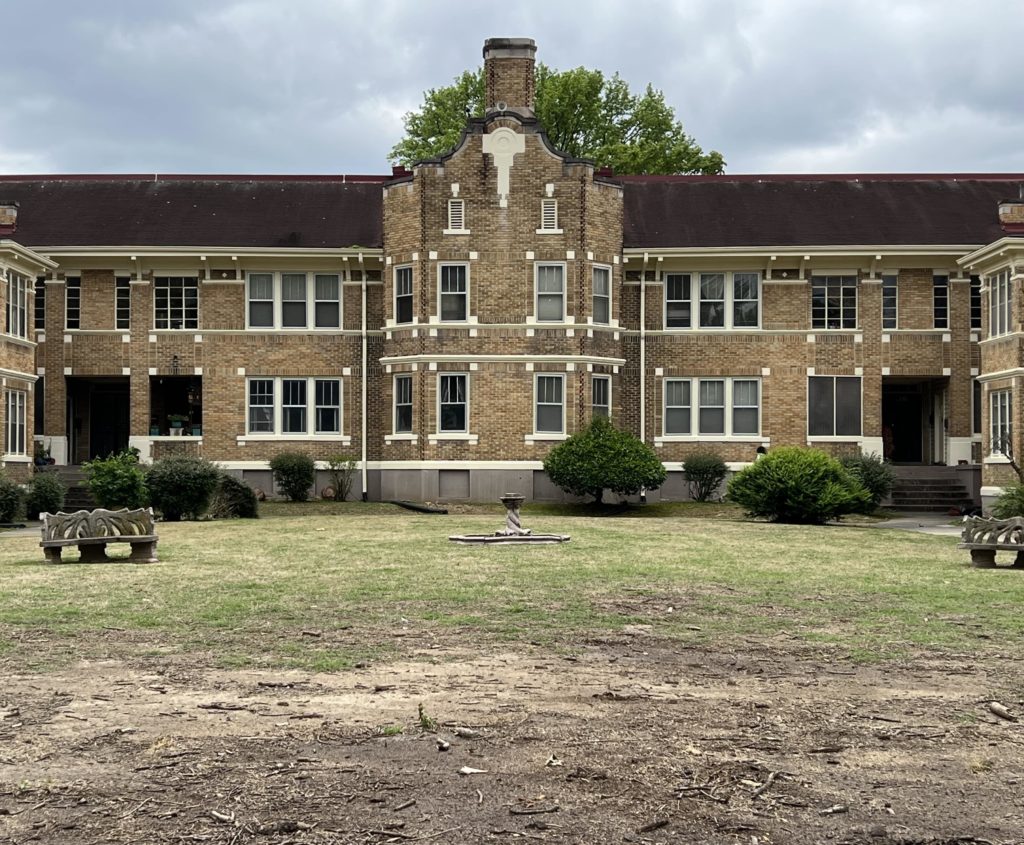
And you can see it in the neighborhoods. They aren’t “grinding”, but they are being “ground down”. Ground down by years of just barely making ends meet. Even in the less impoverished parts of town I couldn’t help shake the vibe of the resignation that results from years of frustration.
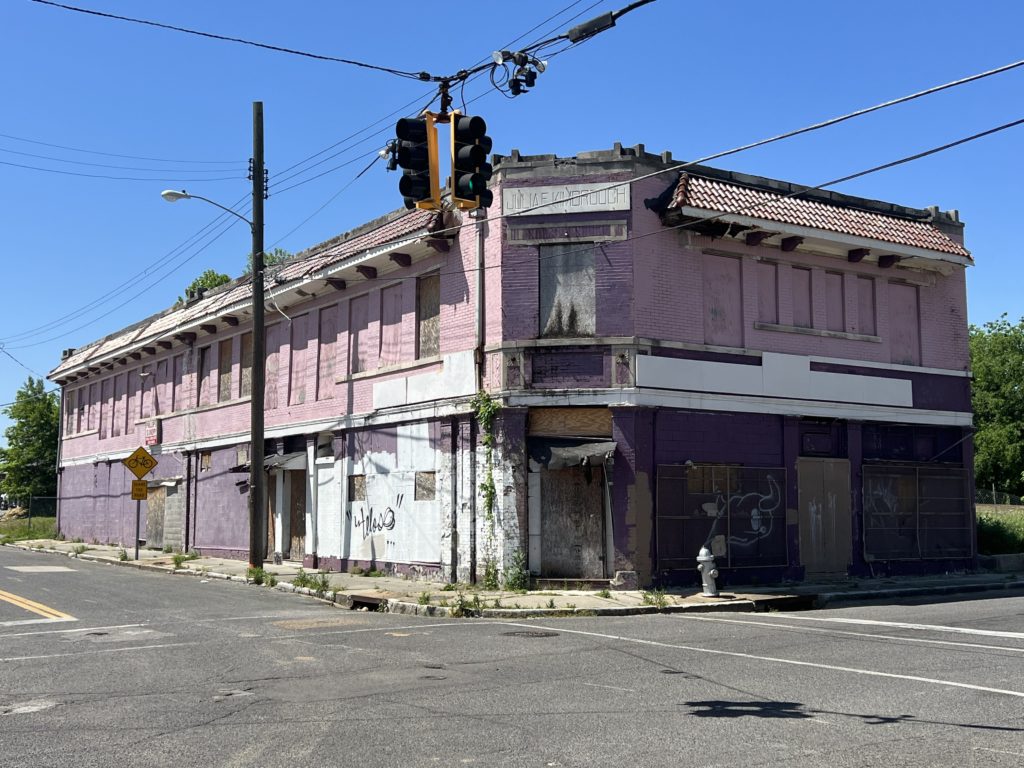
In 1968, 1300 black men working in the Memphis sanitation department went on strike after 2 of them were crushed by faulty machinery. This event crystalized the fact that the city barely enforced safety standards for its sanitation workers and it was the last straw to be added to a list of other indignities like having to live on welfare in spite of being forced to take on late night shifts without overtime.
On April 3rd of that year, Martin Luther King went to Memphis to deliver his “I’ve been to the Mountaintop” speech in support of the workers.
The next morning, Martin Luther King was assassinated at the Lorraine motel.
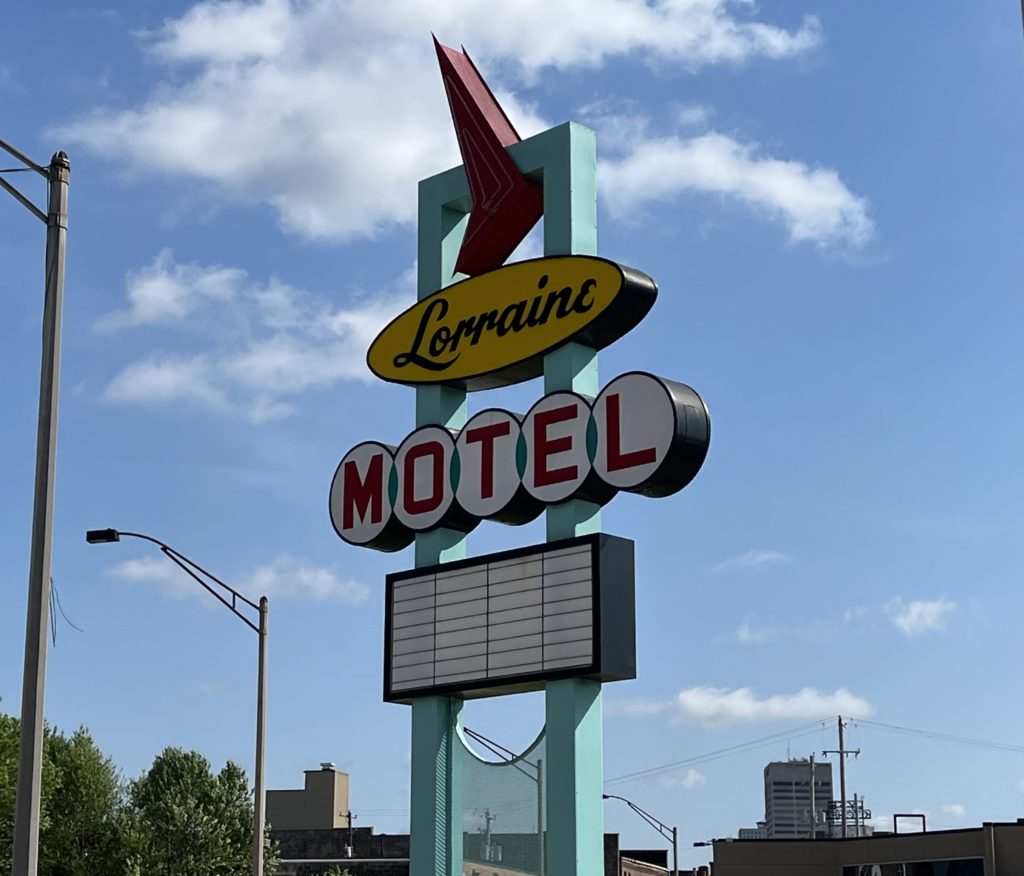
The demonstrations that came in the wake of this shocking event eventually forced the city to come to the table and sign an agreement with the sanitation workers. And yet, workers in Memphis still struggle to have their voice heard.
Political and Racial Tensions
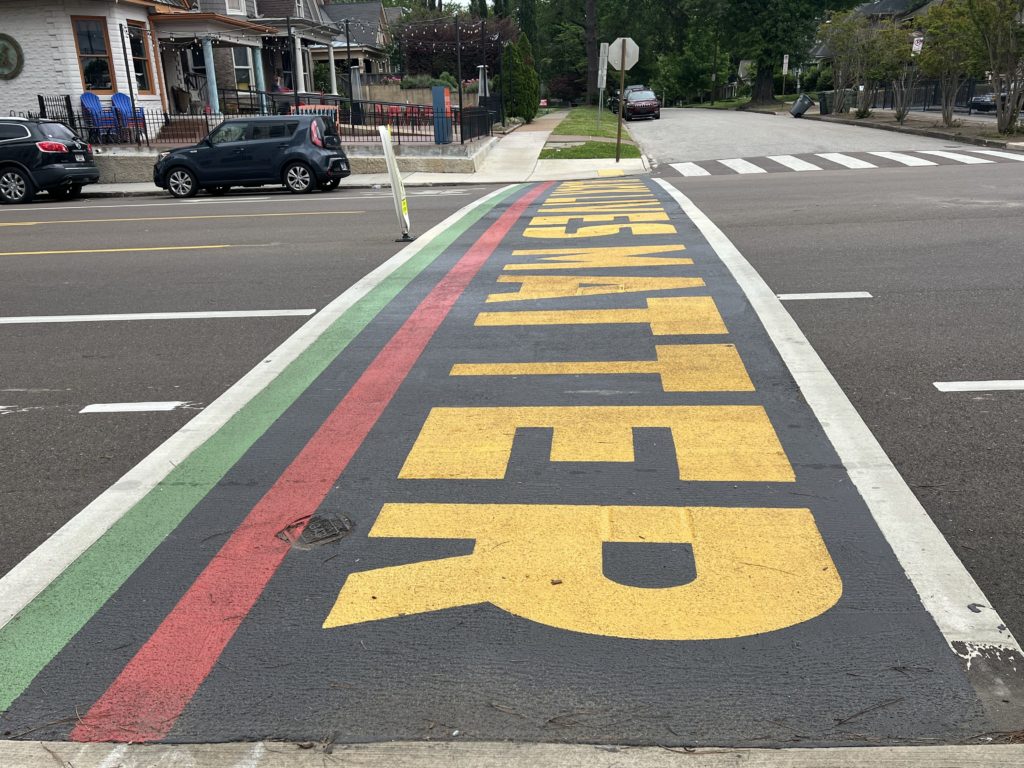
Memphis is now a majority black city but for most of its history it wasn’t, and politics in this town are divided strictly on racial lines. If that isn’t a source of tension, I don’t know what is.
I can only imagine the resentment that the local Trump supporters, whose grandparents once owned this town and were openly racist must feel now that the city has changed so much demographically and politically.
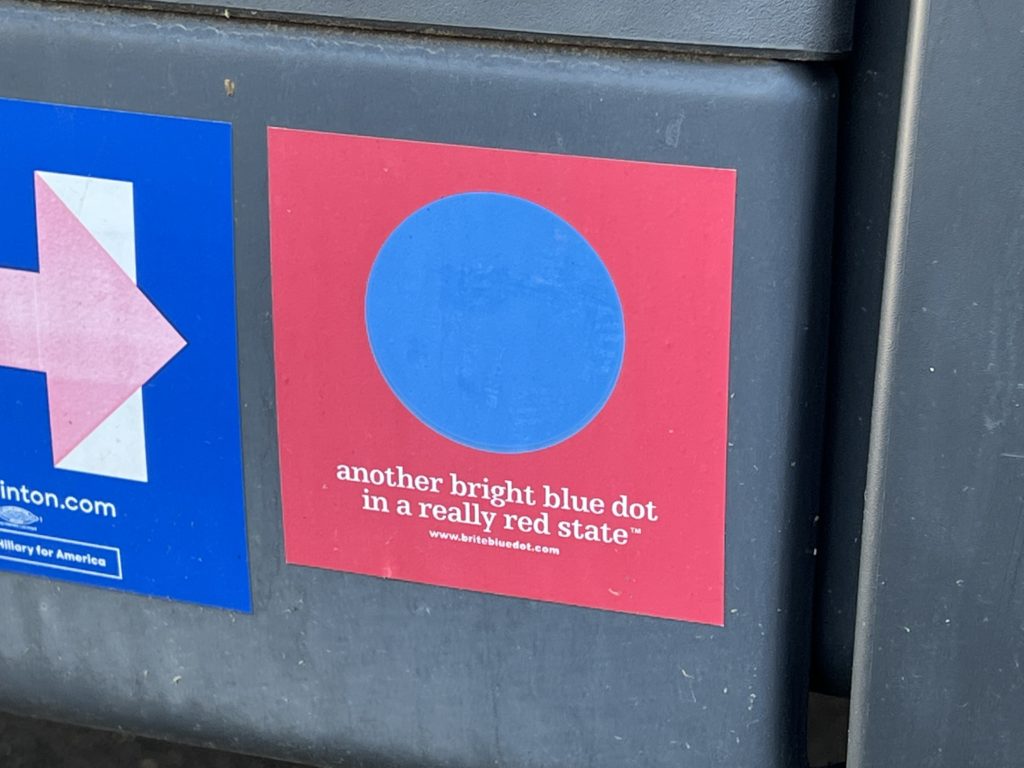
As a half-Asian, I’m rarely conscious about my ethnic background, but in Memphis I felt acutely conscious of it. Never in any of the major southern cities that I had visited did I feel that I was being watched, but here in Memphis I did. It was in sidelong glances at the grocery store so fleeting that it was hard not to them chalk up to my imagination, but I felt a real discomfort here, especially in the predominately white areas.
The Black people I met, however, were quite welcoming and friendly even though I was a visitor. It was great to feel included there, especially because there were other places where I didn’t. This is a place where you truly “wear your race on a sleeve” as Memphis native and sociologist Zandria Robinson says. I couldn’t agree more.
I don’t really want to live in place where I have to do that though.
I give Memphis, TN 1.5 stars.
Gallery
A Gallery of some additional photos taken in Memphis. Click to enlarge.
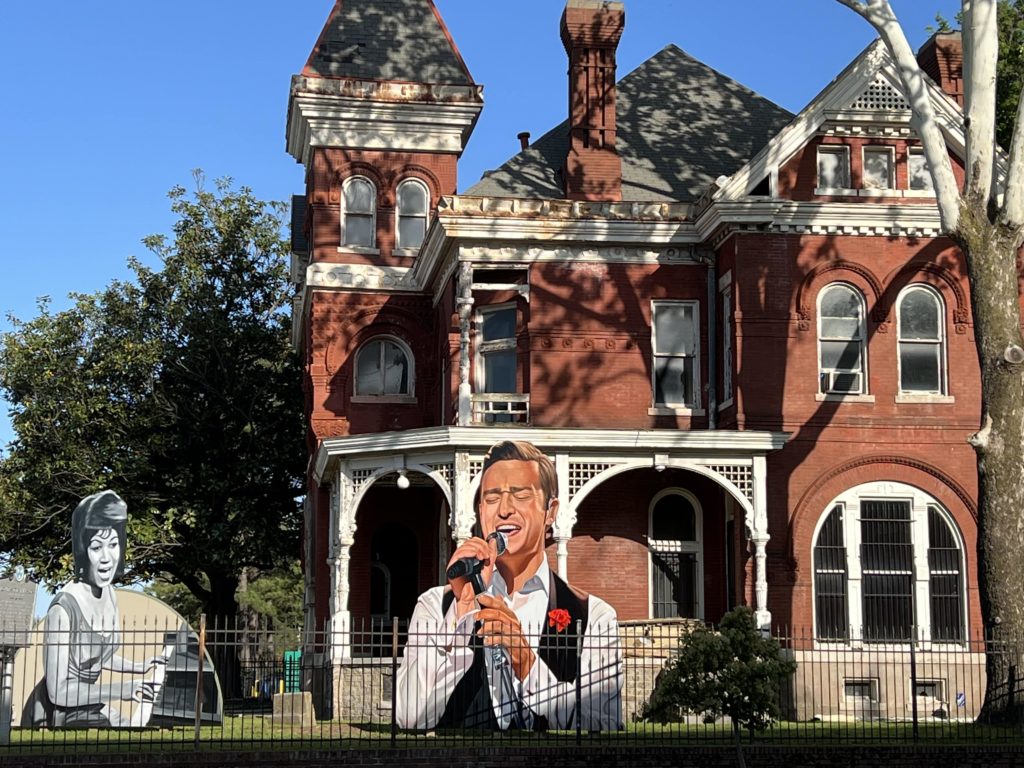
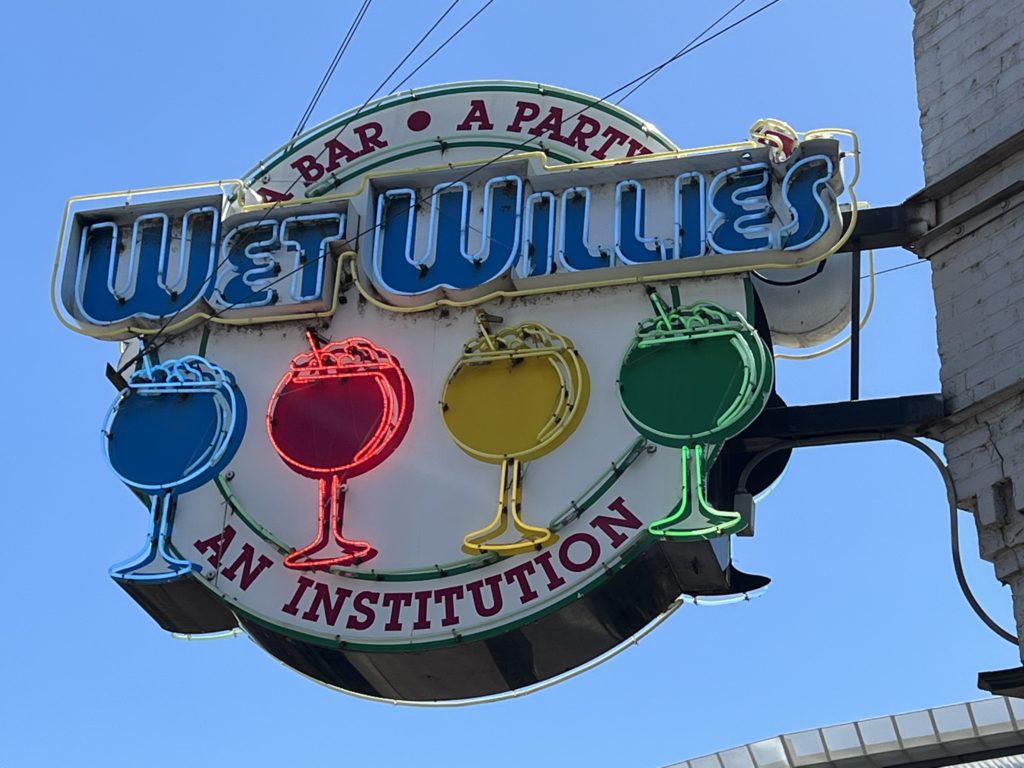
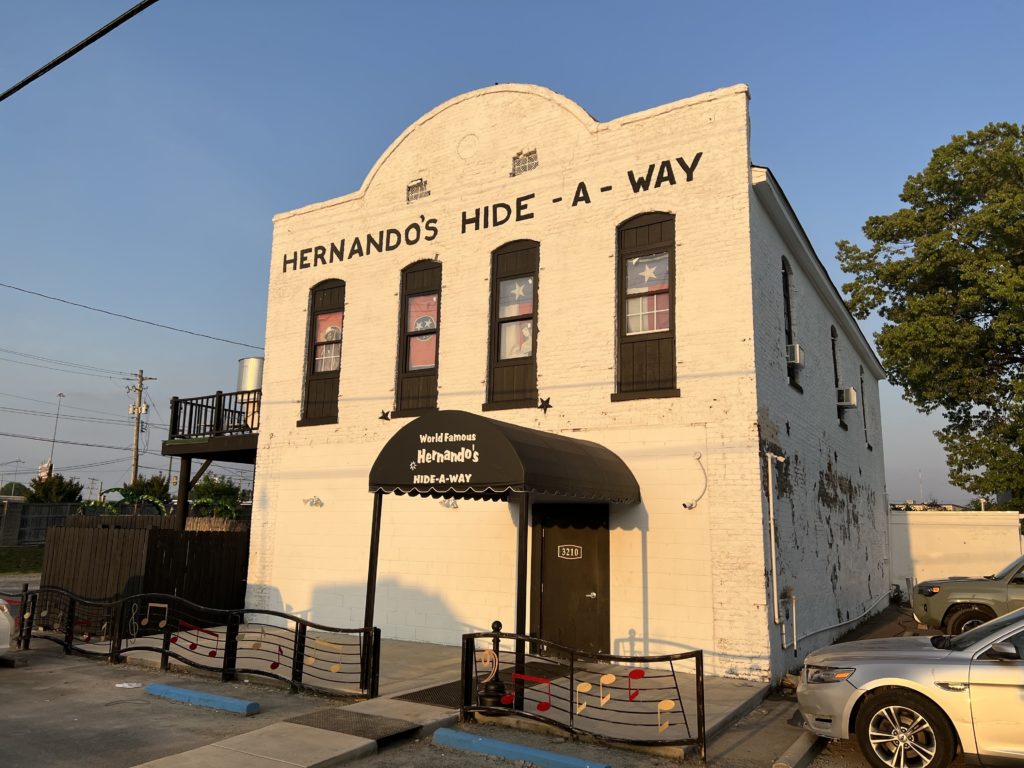
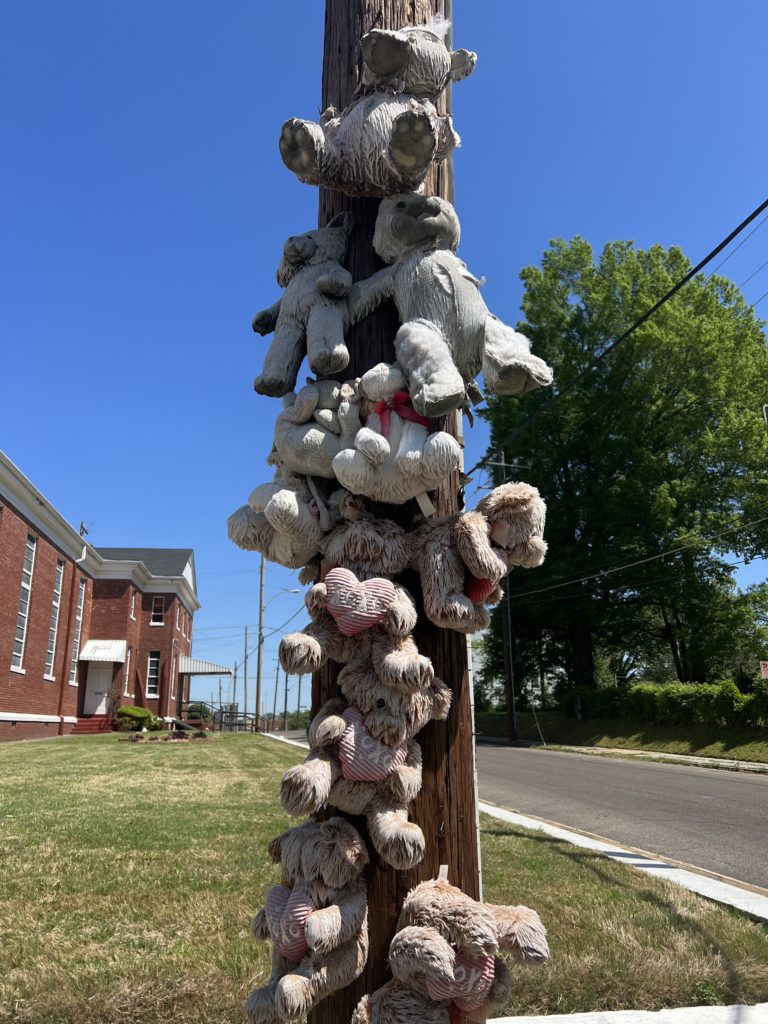
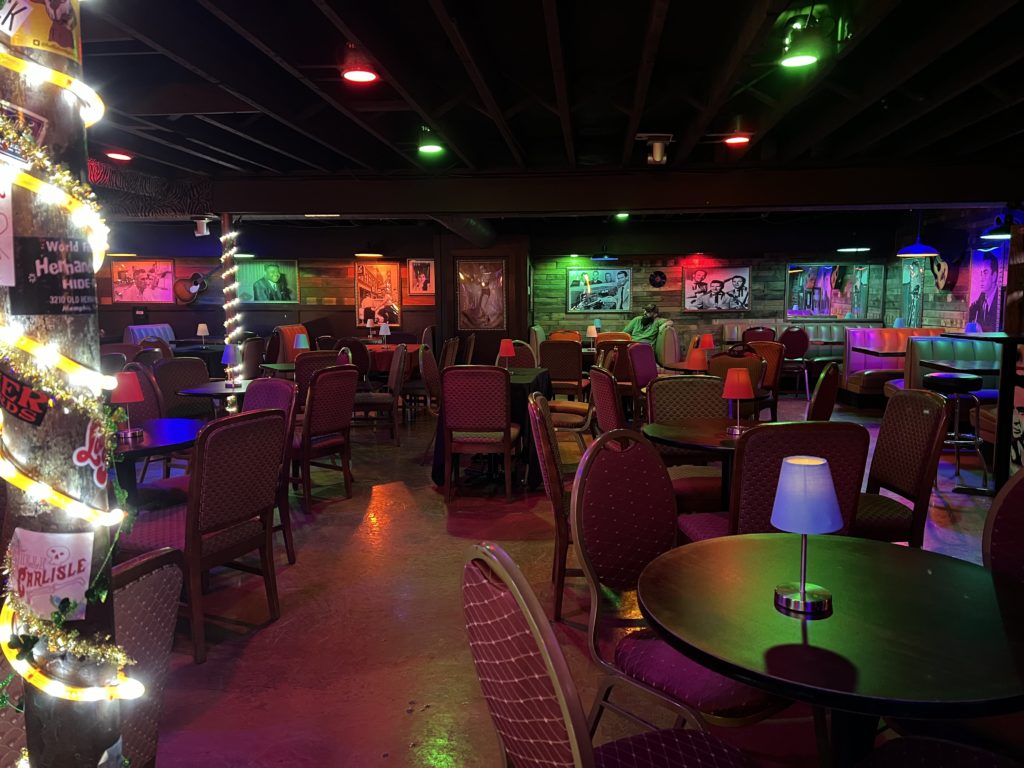
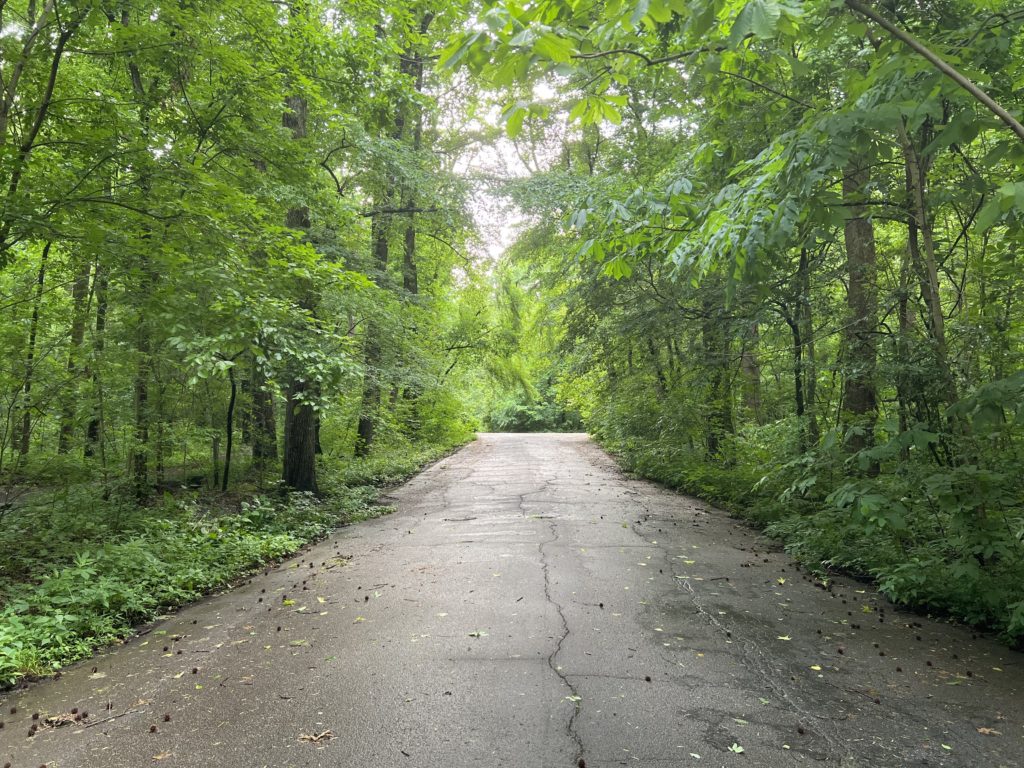
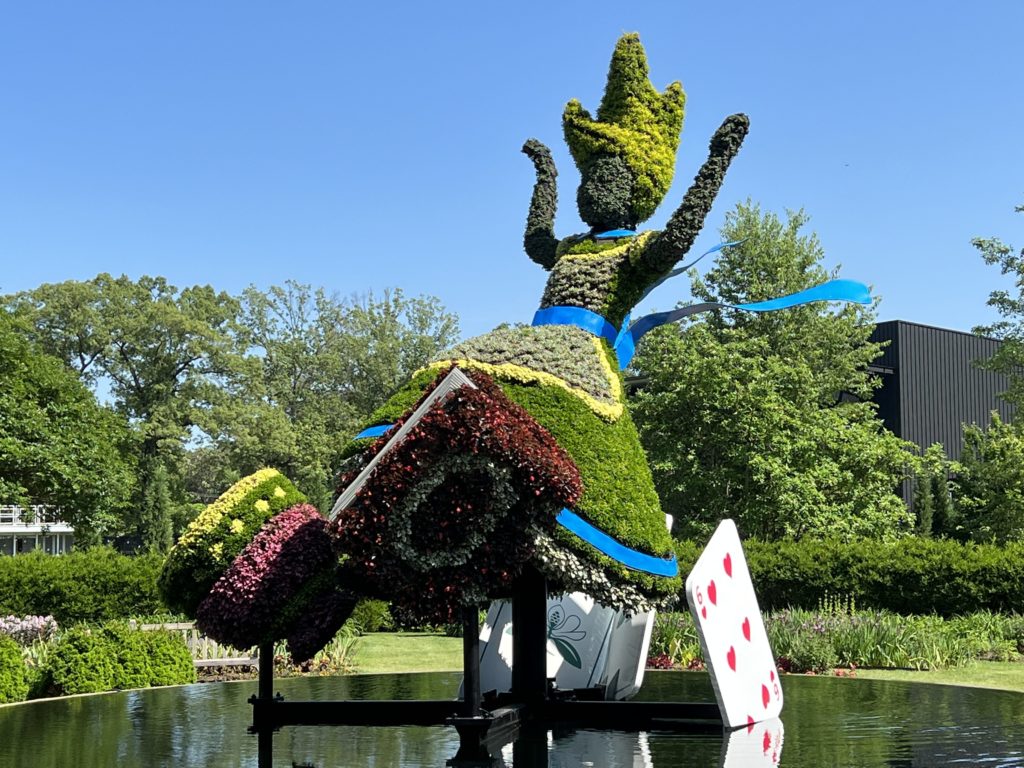
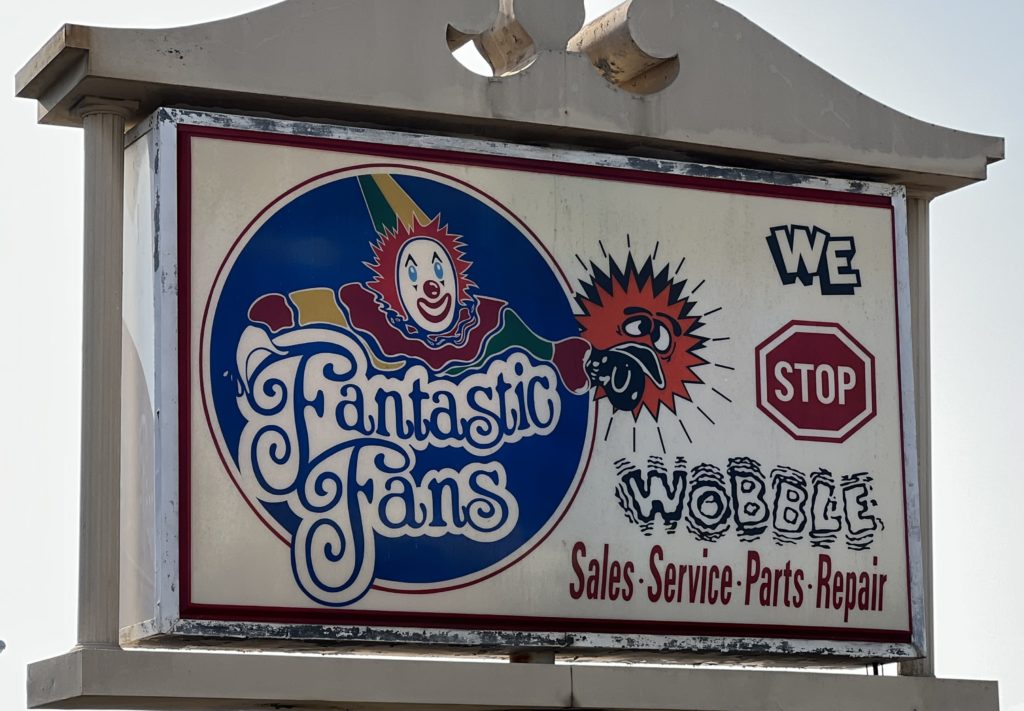
Previous Stop: Asheville
Next Stop: Nashville